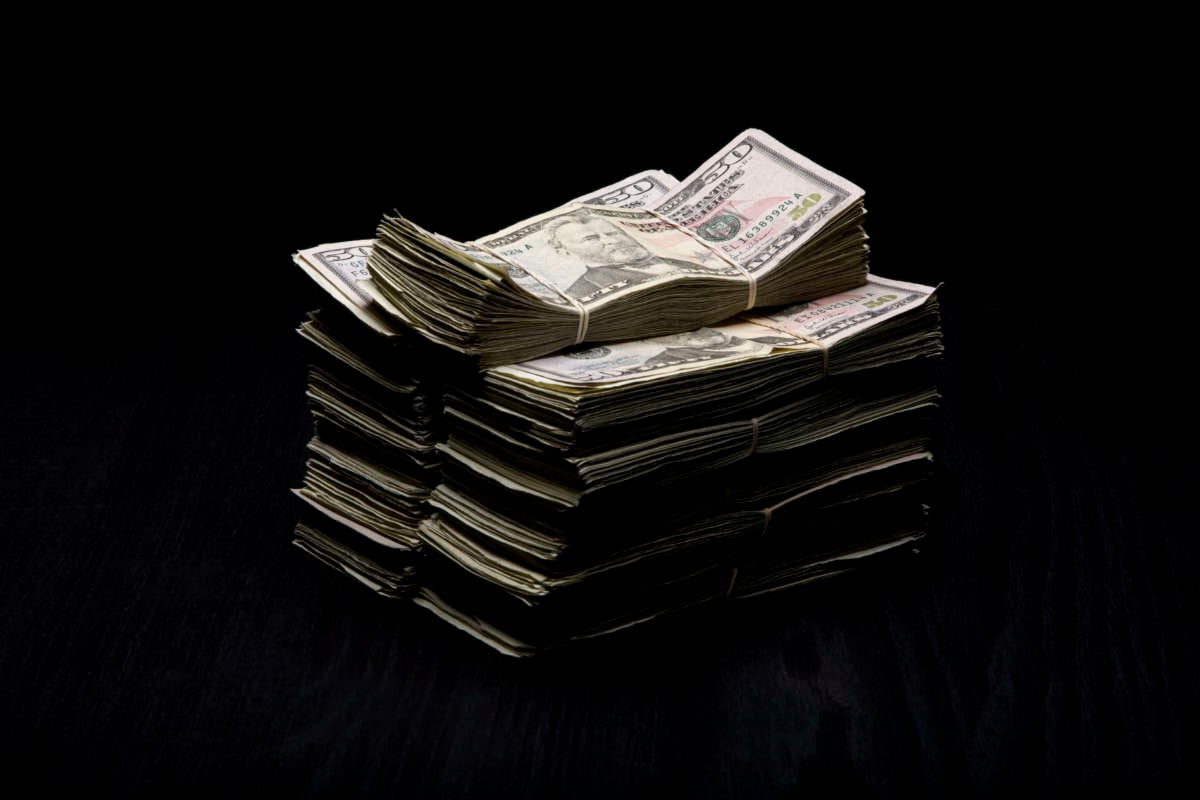Honest, paywall-free news is rare. Please support our boldly independent journalism with a donation of any size.
Good news is infrequent when you’re on the anticorruption beat. Notable recent incidents, for example, have included the sentencing of a former U.S. congressman’s wife for misuse of campaign funds and the resignation of a North Carolina state legislator who had pled guilty to tax evasion charges. However, in a rare positive development, the D.C. Circuit Court ruled last month that the Federal Elections Commission (FEC)’s disclosure rules on dark money were too weak.
In the case at hand, CREW v. FEC (which should not be confused with other cases, including a 2018 case of the same name), the plaintiffs were led by the Citizens for Responsibility and Ethics in Washington (CREW), a nonpartisan nonprofit organization whose mission is to hold government officials accountable to ethics rules, campaign finance laws, and the Constitution. Meanwhile, the defendant was the FEC, the agency responsible for administering federal campaign finance laws, including transparency rules. CREW sues the FEC often because the agency is known for failing to achieve its main objective — the enforcement of campaign finance laws. While many critics scream at the FEC, “you had one job!”, CREW actually does the hard work of litigation in order to prompt the agency toward action.
The case started eight years ago when CREW filed a complaint at the FEC against Crossroads GPS, a dark money group that had engaged in secret spending during the 2012 election cycle. When the FEC failed to take action, CREW then sued the FEC — and won their case in a federal district court in August 2018. The 2020 case involves an appeal of that lower court opinion.
The CREW v. FEC case literally turns on the difference between the words “an” and “the”. While this may seem like an infinitesimal difference, it actually matters for how our democracy works. In fact, the difference created a huge loophole in campaign finance law that allowed for $1 billion in dark money spending in federal elections over the past decade.
The issue in the case was the 1979 version of the Federal Election Campaign Act (FECA) at 52 USC § 30104, which requires disclosing the identity of anyone who contributed more than $200 toward independent expenditures — ads that promote or attack political candidates. The key language in the statute from subsection 30104(c)(2)(C) requires independent expenditure makers to disclose “each person who made a contribution in excess of $200 . . . for the purpose of furthering an independent expenditure.” Note the use of the word “an.”
However, when the FEC promulgated their regulations (11 C.F.R. § 109.10(e)(1)(vi)) in 1980 implementing this statute, they used language that required disclosing the identity only of persons whose contributions were “made for the purpose of furthering the reported independent expenditure.” Note the use of the word “the” — a choice that allowed election lawyers representing dark money groups to argue successfully for decades that donors only had to be disclosed if they had earmarked funds for a particular political ad. And the FEC has enshrined this pro-dark money approach in its instructions for FEC forms used by contributors.
The FEC’s traditional approach to “disclosure” led to Alice-in-Wonderland filings at the agency that reported millions in spending that all appeared to come from no one at all. For example, if you pull the independent expenditure report for the U.S. Chamber of Commerce for the 2018 election, you will find a listing for $7,458,414.89 in spending and $0 from donors. Similarly, if you look at the FEC filings for the National Rifle Association Institute For Legislative Action (NRA-ILA) — the biggest dark money spender in the 2016 presidential election cycle — you will find a listing for $33,341,464.65 spending and $0 from donors.
The recent ruling in CREW v. FEC throws out the FEC rule that never matched up with its controlling statute. This shuts down a big avenue for dark money just in time for the 2020 federal elections. Now donors who bankroll political ads that meet the independent expenditure definition need to disclose their role in attacking or supporting candidates.
This change is long overdue. Open Secrets, a nonpartisan research group that tracks dark money in politics, has noted that “more than $116 million in political spending and 2020 contributions can be traced back to ‘dark money’ groups aligned with Democratic or Republican party leadership.” The group also noted that dark money conduits are also funding super PACs during the 2020 cycle.
The bad news is that the FEC is without a quorum for the second time in the 2020 election cycle. This could delay the FEC from complying with the D.C. Circuit Court’s good CREW v. FEC decision in a timely fashion.
The views expressed are the author’s own and not necessarily those of the Brennan Center.
A terrifying moment. We appeal for your support.
In the last weeks, we have witnessed an authoritarian assault on communities in Minnesota and across the nation.
The need for truthful, grassroots reporting is urgent at this cataclysmic historical moment. Yet, Trump-aligned billionaires and other allies have taken over many legacy media outlets — the culmination of a decades-long campaign to place control of the narrative into the hands of the political right.
We refuse to let Trump’s blatant propaganda machine go unchecked. Untethered to corporate ownership or advertisers, Truthout remains fearless in our reporting and our determination to use journalism as a tool for justice.
But we need your help just to fund our basic expenses. Over 80 percent of Truthout’s funding comes from small individual donations from our community of readers, and over a third of our total budget is supported by recurring monthly donors.
Truthout has launched a fundraiser to add 432 new monthly donors in the next 7 days. Whether you can make a small monthly donation or a larger one-time gift, Truthout only works with your support.
